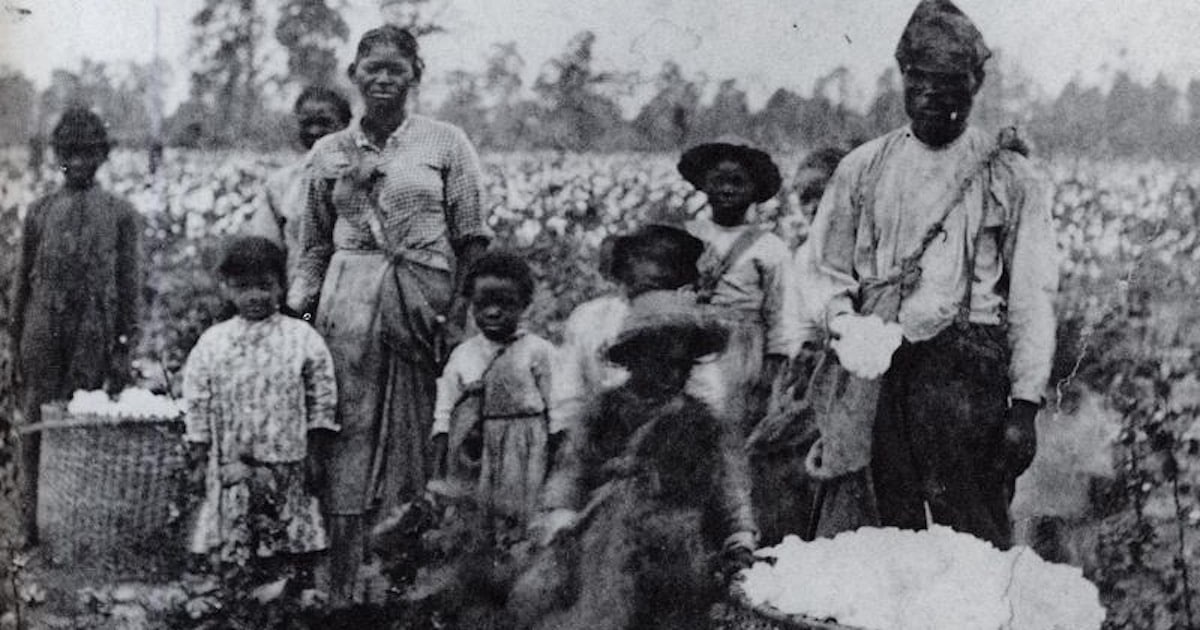 Culture & Ethics
Culture & Ethics
Origin of Species — A Safe Book in the South?

Much has been written about Charles Darwin’s views on slavery and race as well as how his work has been interpreted on these same topics by others. Darwin found slavery an abomination, though he certainly held to the views of white British superiority of his Victorian context. And we know that racists and eugenicists like Ernst Haeckel, Francis Galton, and many others viewed the Origin of Species as a guidebook for white racial superiority. But what about those who may not have held strongly racist or pro-slavery views?
Shortly before the outbreak of the Civil War, an anonymous writer for the Hartford (Connecticut) Courant penned a short notice about the publication of the Origin of Species. We can assume that this writer would have been a Connecticut Yankee, a strong opponent of the South and slavery. Yet on May 31, 1860, this person wrote:
Darwin’s observations on the habits of certain ants to make slaves of the black race (dominant race being red) will gratify the South, and make Darwin a safe book to travel with in those parts. [Emphasis in the original.]
Given how short this publication notice is, it is noteworthy that this writer picked up on this particular aspect of Darwin’s presentation, seeing in it an example that would gratify those with whom his people would soon be at war.
It is unclear if Darwin ever saw this short notice. But on the eve of the Civil War, having one’s work characterized as being safe to travel with in the South should have troubled any author concerned about the larger social impact of his or her work. And it should trouble us today.
